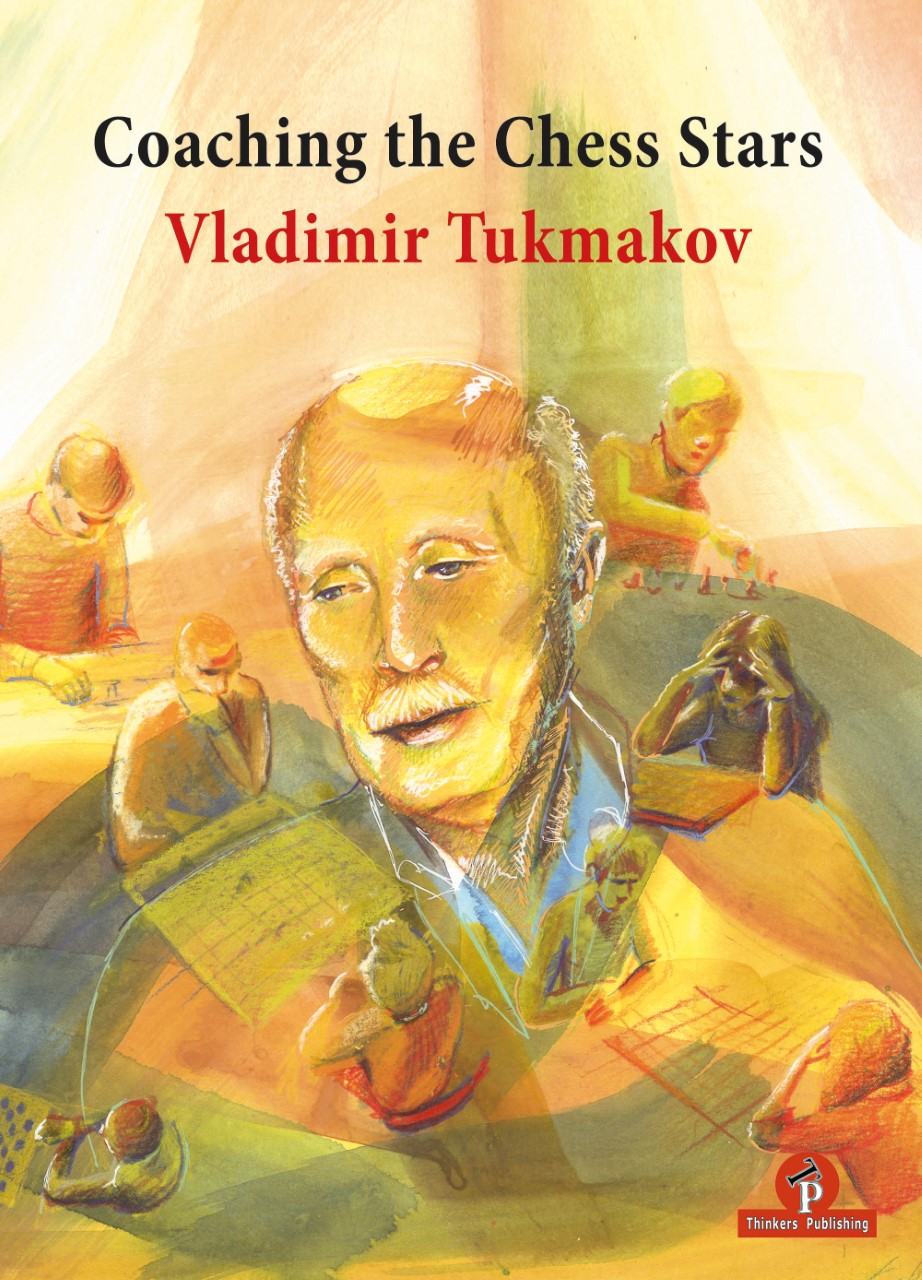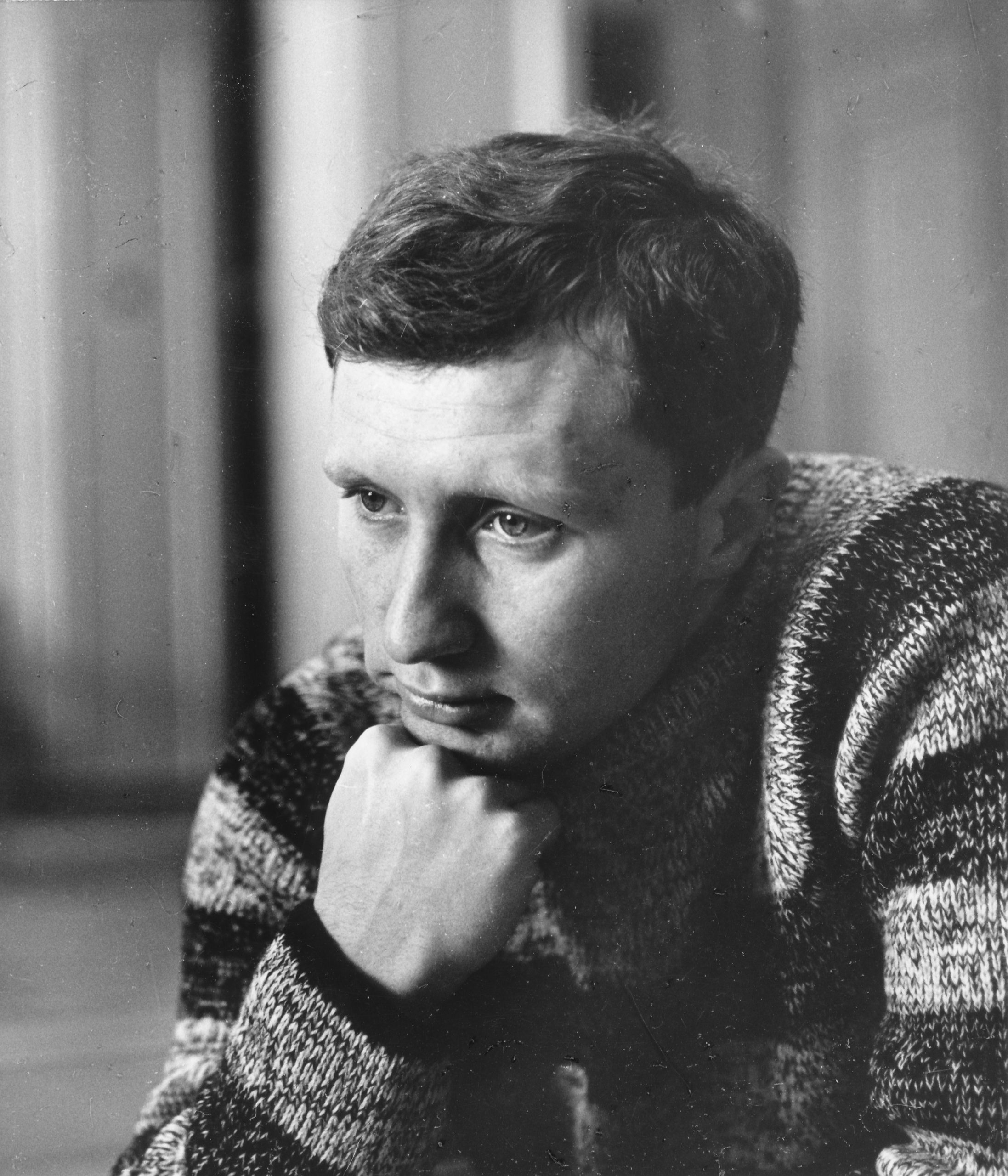
“Vladimir Tukmakov, born in Odessa 1946, was one of the strongest Ukranian grandmasters. He was the winner of several strong tournaments, including the Ukranian Championship in 1970, and he came second in three Soviet championships in 1970,72 and 83. After his successful period as active player, he became a coach, trainer and author.”

Perhaps, especially if you’re in the UK where evening league chess is still relatively popular, you’ve found yourself captaining a team.
It’s not too demanding as long as you have a pool of reliable and communicative players to choose from.
Maybe you’ve wondered what it would be like to captain a team in the Chess Olympiad: a really strong team such as Ukraine, Azerbaijan or the Netherlands. Or perhaps a star-studded team like SOCAR in the European Club Championship.
It’s a very different experience from captaining Ambridge C in Division 5 of the Borsetshire League, where all you have to do is get the right number of players to the right place at the right time and report the result, these days probably through the league website.
If you’re captaining a top international team, you’re probably dealing with large egos as well as large Elos. You have to decide on your board order, who to rest in each round, how to get everyone working well together and playing in the interests of the team. You really need to excel at interpersonal as well as chess skills.
This, then, is the subject of the first half of Vladimir Tukmakov’s new book. You’ll read about the triumphs, disasters, and, sadly, tragedies behind the teams he captained.
There’s a lot of chess as well: 37 games or extracts with fairly light annotations, which, by and large, seem to stand up well to modern engine analysis.
Here, for example, is what happens when two of the most imaginative players in 21st century chess meet. The opening, and indeed the whole game, seems to come from another planet.
It’s from the match between Ukraine and Georgia from the 2010 Chess Olympiad (Khanty-Mansiysk)
Vassily Ivanchuk (2754) – Baadur Jobava (2710)
1. e4 c6 2. d4 d5 3. f3 Qb6 4. a3 e5 5. exd5 Nf6 6. dxe5 Bc5 7. exf6 Bf2+ 8. Ke2 O-O 9. Qd2 Re8+ 10. Kd1 Re1+ 11. Qxe1 Bxe1 12. Kxe1 Bf5
Tukmakov comments here: “Formally, White has a big material advantage, but the remaining Black pieces are tremendously active. In addition, don’t forget that even though the white king is standing on its original square, White has lost the right to castle.”.
13. Be2 Nd7 14. dxc6 bxc6 15. Bd1 Re8+ 16. Ne2 Nxf6 17. Nbc3 Bc8 18. a4 a5 19. Rf1 Ba6 20. Rf2 h5 21. Ra3 h4 22. g3 h3 23. g4 Rd8 24. Nf4 Nd7 25. Rb3 Qd4 26. Nfe2 Re8 27. Ne4 Qxa4 28. Bd2 Qa1 29. Bc3 Ne5 30. Ra3 Qb1 31. Nd2 Qc1 32. Rxa5 Ng6 33. Rxa6 Nf4
34. Ra8! 1-0
Tukmakov awards ‘?!’ to Black’s 13th and 17th moves: Stockfish 11 is happy with 13… Nd7 but agrees that Black should have preferred 17… Nd5.
It’s the second half, though, which gives the book its title. Coaching a world class grandmaster who plays even better than you do is very different from giving an occasional lesson to the top board from your local primary school.
Here, Tukmakov relates his experiences of one-off collaborations with Geller, Tseshkovsky, Korchnoi (Wijk aan Zee & Brussels 1991) and Karpov (match with Anand, 1998). More recently, he’s acted as coach to Anish Giri (2014-2016) and Wesley So (2016-2017).
In this section of the book you’ll find another 46 games or extracts, so you get a lot of interesting chess for your money.
In complete contrast to the previous game, here you can see an example of impressively deep opening preparation.
Anish Giri (2768) – Alexei Shirov (2691) Hoogeveen (6) 2014
1. e4 c5 2. Nf3 Nc6 3. d4 cxd4 4. Nxd4 Nf6 5. Nc3 e5 6. Ndb5 d6 7. Bg5 a6 8. Na3 b5 9. Nd5 Be7 10. Bxf6 Bxf6 11. c3 Bg5 12. Nc2 O-O 13. a4 bxa4 14. Rxa4 a5 15. Bc4 Rb8 16. b3 Kh8 17. Nce3 g6 18. h4 Bxh4 19. g3 Bg5 20. f4 exf4 21. gxf4 Bh4+ 22. Kf1 f5 23. Ra2 fxe4 24. Rah2 g5 25. Qh5 Rb7 26. Ke2 Be6 27. Qh6 Bg8 28. Rg2 Rbf7 29. Rxh4 gxh4 30. Nf5 h3 31. Nh4 Qxh4 32. Rxg8+ Rxg8 33. Qxh4
“Only here did our home analysis end. A triumph for modern methods of preparation!”
33… Rg2+ 34. Kf1 Rh2 35. Ne3 Rg7 36. Qf6 Rh1+ 37. Kf2 Rh2+ 38. Ke1 Rh1+ 39. Kd2 Rh2+ 40. Kc1 Ne7 41. Nf5 Rhg2 42. Nxg7 Rxg7 43. Qf8+ Ng8 44. Bxg8 Rxg8 45. Qf6+ Rg7 46. Qh4 1-0
Shirov had reached the position after 21… Bh4+ before, but had met Kd2 rather than Kf1. Tukmakov claims that 25. Qh5 was a novelty: in fact it had been played twice before, with Black replying Ne5 and, although standing worse, scoring 1½/2.
An excellent book, then, fascinating and, at times, brutally honest. Tukmakov offers a different insight into top level chess from two perspectives: a captain and a coach.
If your main aim is improving your chess you might not consider it an essential purchase, but if the subject matter appeals, don’t hesitate. You won’t be disappointed.
Richard James, Twickenham, 29th February 2020

Book Details :
- Paperback : 352 pages
- Publisher: Thinkers Publishing; 01 edition (2 April 2019)
- Language: English
- ISBN-10: 9492510502
- ISBN-13: 978-9492510501
- Product Dimensions: 17 x 1.5 x 23.4 cm
Official web site of Thinkers Publishing

